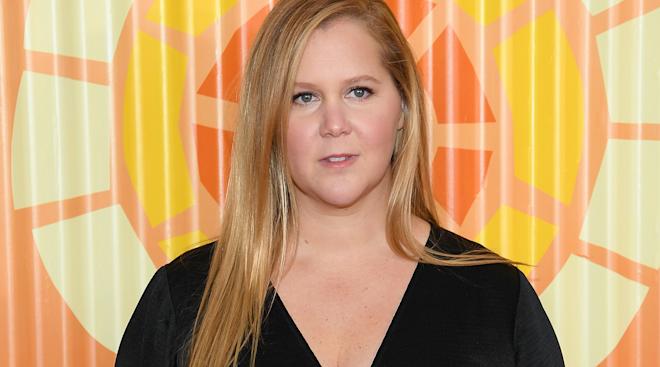Women Want Fertility Benefits So Badly They're Willing to Switch Jobs, Survey Reveals
The moment you and your partner decide you want to grow your family is an exciting time. But the aftermath can be quickly tainted if getting pregnant doesn’t turn out quite as easy as you hoped it would. While fertility treatments, like in vitro fertilization (IVF), help make your dream a reality, they’re not a guarantee and they’re certainly not cheap.
Most couples have to break the bank to make the cost of fertility drugs and treatments work. In fact, many women are willing to leave their current job if it means they can get fertility benefits at their new gig, a survey from Future Family, a subscription fertility service, reveals.
More than 1,700 women were asked about their fertility benefits in the workplace, and the results were grim. Based on a 2017 report from insurance benefits consultant Mercer, only 26 percent of US companies with more than 500 employees cover IVF, the survey reports. Since only a select few companies cover the treatment, the financial support to grow your family is a luxary not all employees enjoy.
Of the women surveyed, 64 percent who make less than $50,000 would switch jobs if it meant better fertility benefits; 67 percent who make between $75,000 and $99,999 would switch; and 52 percent of women who make more than $150,000 would make the switch.
The sacrifice doesn’t stop there. A handful of hopeful women surveyed—37 percent who make less than $20,000 a year—would be willing to relocate to another country if it meant better fertility coverage.
The struggle to conceive not only puts a financial strain on a couple, but it can also add stress and tension to their relationship. Luckily marriage counsel-like apps, such as Lasting, can help you keep your connection strong through the rocky times, but it’s a situation no couple should have to endure.
“Employers must start doing a lot more to attract and retain talent,” Jyotsana Saha, Future Family head of growth, tells Romper. “They need to offer benefits that meet the needs of men and women when it comes to fertility care, and not simply financial. People want access to cover costs, but they also need to understand what their reproductive health means at this time.”
Financial costs of fertility treatments are a common burden holding couples back from expanding their family, so it seems natural the workplace should do more to support employees in this situation. Hopefully the new survey sheds light on just how relevant this issue is.
Please note: The Bump and the materials and information it contains are not intended to, and do not constitute, medical or other health advice or diagnosis and should not be used as such. You should always consult with a qualified physician or health professional about your specific circumstances.
Navigate forward to interact with the calendar and select a date. Press the question mark key to get the keyboard shortcuts for changing dates.




















































